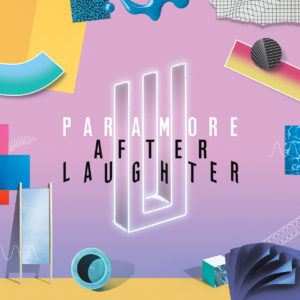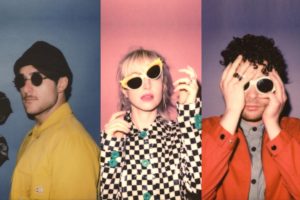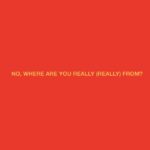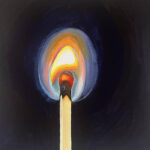Review: Paramore – ‘After Laughter’
Posted: by The Alt Editing Staff

“Is pop the new punk?” – Music communities small and large seem to be asking this question a lot lately. Recent pop-tinged revivals coming from bands across the board like Now, Now and Joyce Manor inspired the now rather exhausted topic of discussion.
Quite frankly, I don’t know that there’s much else that should be or really needs to be said on why so many previously-categorized-as-punk bands are turning to a catchier, more seemingly simplistic musical approach; other than that it’s because – they (the band) like it, and it’s what they as a band want to play, produce, and put out into the world. That should be explanation enough.

(Photo by Pooneh Ghana – for DIY Magazine)
Basing my listening and personal digestion of Paramore’s latest album After Laughter on this initial understanding helped to set aside the frivolous and redundant conversations that I’m seeing dominate the album’s discussion. The first two singles, “Hard Times” and “Told You So” set the 80’s flashback tone for the album, and constructed the initial pop perception before it was even released in its entirety. While these songs aren’t out of place by any means, they do certainly stand out as two of the songs that most evoke the 80s reminiscence. Tracks like “Fake Happy”, “Pool”, and “Caught in the Middle” speak to the band’s unique ability to execute catchy and simple pop songs without being redundant in their songwriting.
True to their traditional structural approach though, the album isn’t all upbeat, danceable, “bangers”. Showcasing the breadth of their ability, “26” and “Tell Me How” each display a slower softer side of Paramore; “26” an acoustic work of vocalist Hayley Williams’ vulnerability, and “Tell Me How” as a seamless multi-transitional gesture to modern day R&B-esq ballads. “No Friend” features Aaron Weiss of Mewithoutyou as it’s lone vocalist, and is a noticeably darker stark counterpoint to the rest of the album – especially songs like “Rose-Colored Boy”, arguably the album’s pinnacle and summer-jam-to-be.
Despite the cross-decade sounds, blurred genre lines, and admittedly striking resemblance that moments of the album share with works by other artists, After Laughter emerges cohesive and original in its own right. The band clearly understands that sonically they aren’t doing anything new – acknowledged best by the opening lines of “Caught in the Middle” as Williams sings “I can’t think of getting old/ It only makes me want to die/ And I can’t think of who I was/ ‘Cause it just makes me want to cry, cry, cry, cry” – a smug nod to The Cure’s 1985 hit single,”In Between Days”.
Ultimately, After Laughter is a testament to Paramore’s ability to change, grow, and “go pop” without producing music marked with the infamous made-for-radio sound that all too often gives pop music at large a bad reputation.
9.8/10
-Delaney|@loser513










